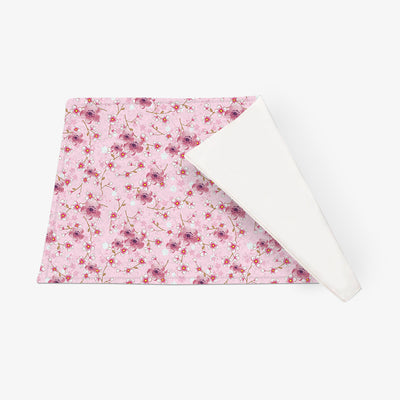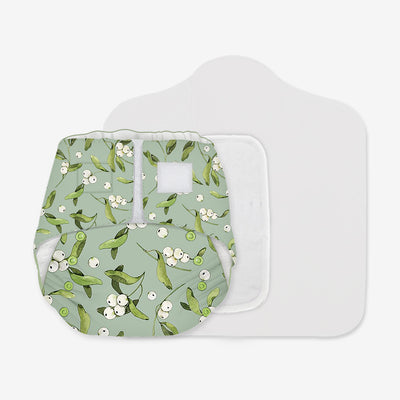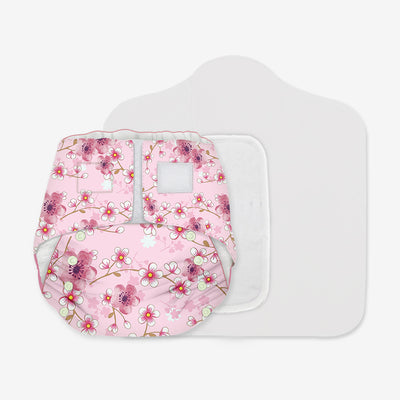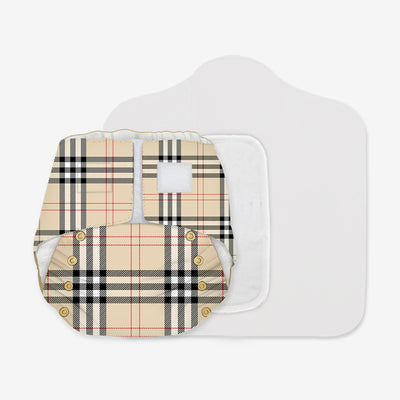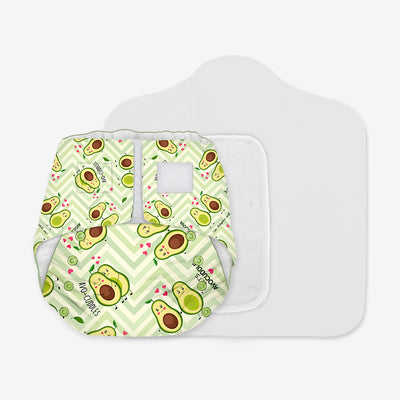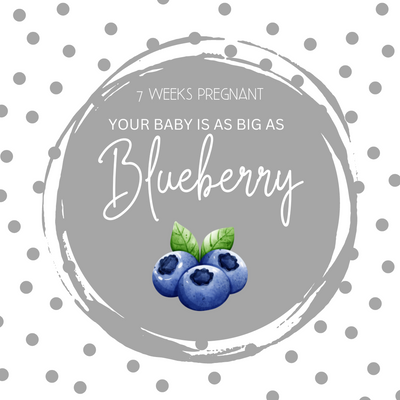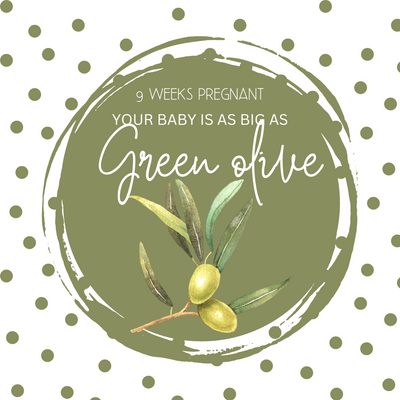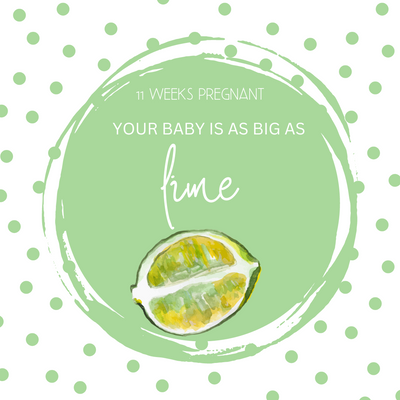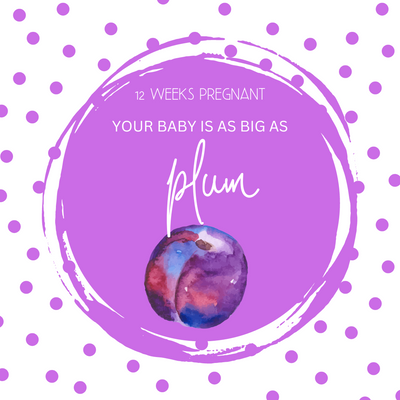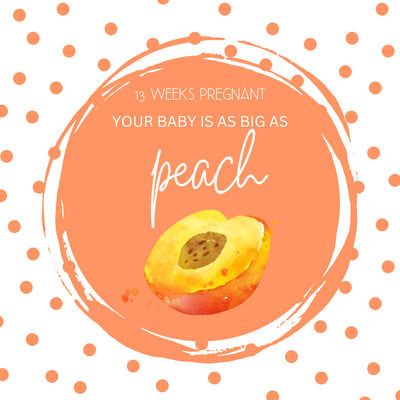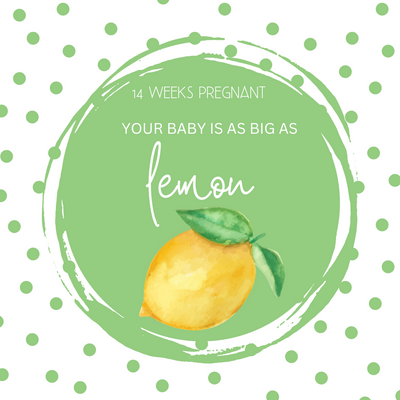38 Weeks Pregnant-Preparing for the Arrival of Your Baby

As you approach the final stages of pregnancy, every week becomes more significant. At 38 weeks pregnant, you're only a few weeks away from meeting your little one. In this article, we will explore various aspects of being 38 weeks pregnant, including the duration of this stage, common symptoms, your baby's development, changes in your belly, what to expect in terms of your body, and important considerations to keep in mind.
How Many Months Is 38 Weeks Pregnant?
By the time you reach 38 weeks, you are considered to be in the ninth month of pregnancy. It's the final stretch before your due date, which is typically around 40 weeks. However, keep in mind that due dates are estimates, and it's normal for babies to arrive a little earlier or later.
38 Weeks Pregnant: Your Symptoms:
At 38 weeks pregnant, you may experience a combination of new and familiar symptoms.
Braxton Hicks Contractions: You may notice more frequent and intense Braxton Hicks contractions. These contractions help prepare your body for labor but aren't typically a sign that labor is imminent.
Increased Discomfort: As your baby continues to grow, you may experience increased discomfort, particularly in the lower back, pelvis, and abdomen. This discomfort is a normal part of the body's preparation for labor and the impending arrival of your baby.
Pressure in the Pelvic Area: You may feel increased pressure and heaviness in the pelvic area as your baby's head engages in the birth canal, getting ready for delivery.
Frequent Urination: Your growing baby and the pressure on your bladder can cause increased trips to the bathroom.
Insomnia: Hormonal changes, discomfort, and excitement about the impending arrival of your baby can make it challenging to get a good night's sleep.
38 Weeks Pregnant: Your Baby's Development:
At 38 weeks pregnant, your baby is considered full-term and is getting ready for life outside the womb. Here are some significant milestones in your baby's development at 38 weeks pregnant:
Weight Gain: Your baby continues to gain weight, with an average weight of around 6 to 7 pounds (2.7 to 3.2 kilograms) by this stage.
Head Engagement: Your baby's head should be positioned downward and engaged in the pelvis, ready for birth.
Lung Development: The lungs are fully developed and ready to support breathing after birth.
Immune System Boost: Your baby is receiving antibodies from you, which will help strengthen their immune system after birth.
How Does the Belly Change at 38 Weeks Pregnant?
At 38 weeks pregnant, your belly may appear lower and more prominent. This is because your baby has likely dropped into the pelvis in preparation for birth, a process known as lightening. You may also notice that your belly feels tighter and heavier as your baby continues to grow.
What Can You Expect Your Body to Look Like at 38 Weeks Pregnant?
At this stage of pregnancy, your body will likely show signs of nearing the end of the journey. Some changes you may notice include:
Stretch Marks: Your belly, breasts, and other areas may have developed stretch marks due to the stretching of the skin throughout pregnancy.
Swelling: You may experience swelling in your feet, ankles, and hands, known as edema. This is a common symptom caused by increased fluid retention.
Varicose Veins: Due to increased pressure on your veins, you may notice the appearance of varicose veins, particularly in your legs.
Changes in Breast Size: Your breasts may have increased in size and may continue to produce colostrum, a nutrient-rich pre-milk substance.
38 Weeks Pregnant: Things to Consider:
As you approach your due date, it's essential to keep a few things in mind:
Birth Plan: If you haven't already, finalize your birth plan and discuss it with your healthcare provider.
Prenatal Visits: Continue attending your prenatal check-ups to ensure the well-being of both you and your baby.
Signs of Labor: Educate yourself about the signs of labor, including regular contractions, water breaking, and other indicators, to know when it's time to go to the hospital.
Self-Care: Take care of yourself by getting plenty of rest, eating nutritious meals, staying hydrated, and engaging in light exercise, if approved by your healthcare provider.
Being 38 weeks pregnant marks an exciting and crucial phase as you approach the end of your pregnancy journey. By understanding the changes happening in your body and the developments occurring in your baby, you can better prepare yourself for the arrival of your little one. Remember to consult with your healthcare provider about any concerns or questions you may have, as they are your best resource during this special time.



